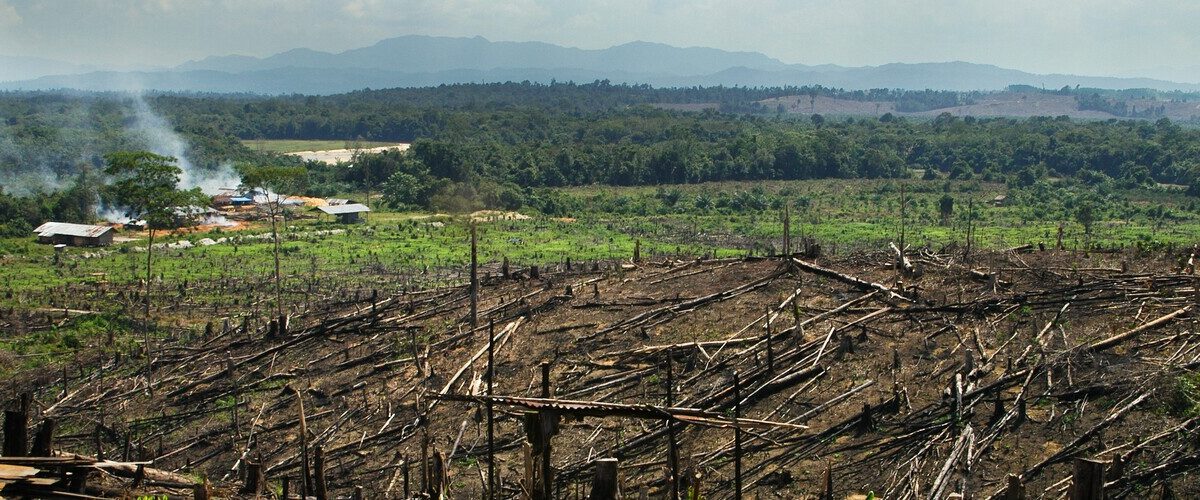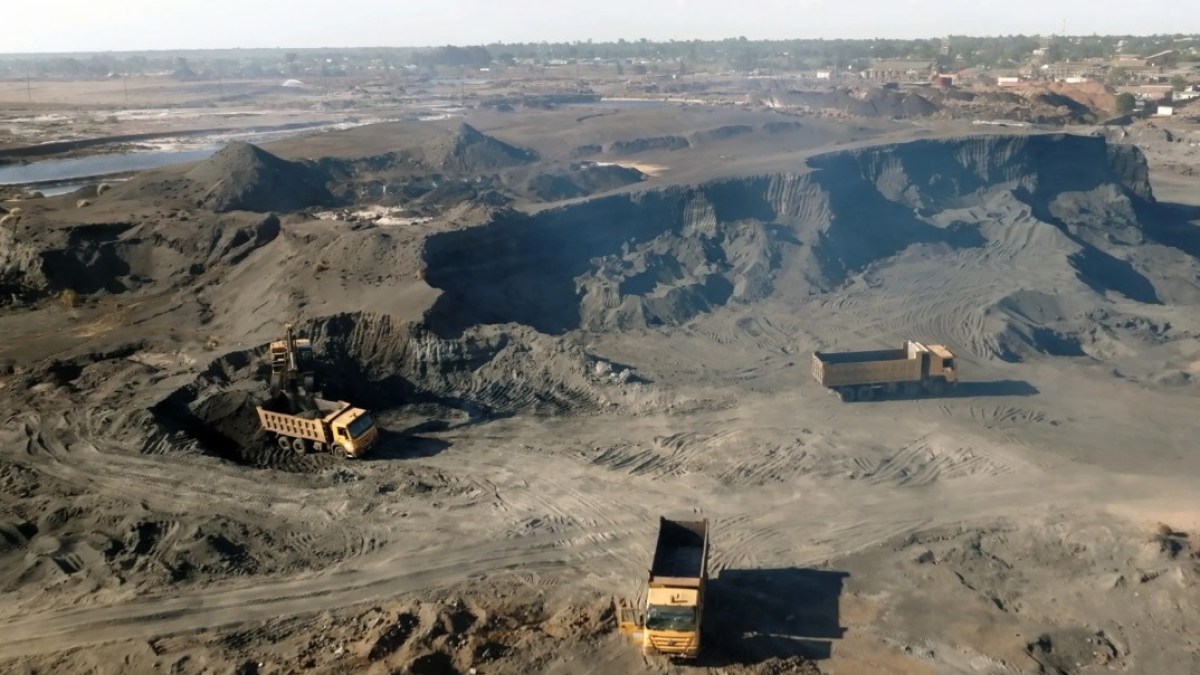Science Under Siege: EPA Research Gutted as Environmental Safeguards Hang in the Balance
Environment
2025-03-20 10:53:34Content

EPA Research Office Faces Potential Dismantling, Threatening Scientific Expertise
The potential dissolution of the Environmental Protection Agency's Office of Research and Development could trigger a devastating cascade of consequences, including widespread job losses for critical scientific personnel and a significant erosion of the agency's capacity to identify and address emerging environmental challenges.
Investigative reporting by Inside Climate News reveals the profound implications of this proposed restructuring, which threatens to undermine decades of environmental research and scientific innovation.
The proposed elimination would not only result in mass layoffs of highly skilled scientists but also dramatically reduce the EPA's ability to conduct comprehensive environmental assessments, develop evidence-based policies, and respond effectively to complex ecological threats.
This potential organizational shift raises serious concerns about the future of environmental protection and scientific research in the United States, potentially leaving the nation less prepared to confront critical environmental challenges.
Experts warn that dismantling such a crucial research infrastructure could have long-lasting repercussions for environmental policy, public health, and scientific understanding of ecological systems.
Scientific Exodus: The Looming Threat to Environmental Research and Public Safety
In the intricate landscape of environmental protection, a potential seismic shift threatens to dismantle decades of scientific expertise and environmental research. The potential dismantling of a critical governmental research division could send shockwaves through the scientific community, potentially compromising our nation's ability to understand and mitigate complex environmental challenges.Unraveling the Potential Catastrophe in Environmental Research
The Fragile Ecosystem of Scientific Research
Environmental research represents a delicate and complex ecosystem of knowledge generation that requires sustained investment, expertise, and institutional memory. The potential elimination of the EPA's Office of Research and Development would not merely represent a bureaucratic restructuring, but a fundamental erosion of scientific capacity that has been carefully cultivated over decades. Highly specialized scientists who have dedicated their careers to understanding intricate environmental systems would suddenly find themselves displaced, taking with them irreplaceable institutional knowledge and research methodologies. The implications extend far beyond individual careers. These researchers represent the frontline of understanding emerging environmental threats, developing innovative solutions, and providing critical scientific insights that inform policy decisions. Their work encompasses everything from climate change modeling to toxicological assessments, creating a comprehensive understanding of how human activities interact with natural systems.Systemic Risks and Potential Consequences
The proposed elimination introduces profound systemic risks that could compromise national environmental safety and scientific innovation. Without a dedicated research office, the EPA would lose its primary mechanism for generating independent, rigorous scientific assessments. This could create significant vulnerabilities in our ability to respond to emerging environmental challenges, from chemical contamination to climate-related disruptions. Moreover, the potential mass layoffs would represent an unprecedented brain drain in environmental science. Highly trained researchers with specialized knowledge would be forced to seek opportunities in private sectors or potentially leave scientific research entirely. This exodus would create long-term gaps in scientific expertise that could take decades to rebuild, if possible at all.Economic and Public Health Implications
The ramifications of dismantling this critical research infrastructure extend well beyond environmental concerns. Economic sectors ranging from agriculture to public health rely on sophisticated environmental research to develop strategies, mitigate risks, and create sustainable practices. The loss of this research capacity could introduce significant economic uncertainties and potential public health risks. Industries dependent on environmental assessments would face increased uncertainty, potentially leading to reduced innovation, increased regulatory challenges, and higher long-term costs. Public health initiatives that rely on comprehensive environmental data would be severely compromised, potentially exposing communities to unidentified environmental risks.Global Scientific Competitiveness
On an international stage, this potential elimination could significantly undermine the United States' position as a global leader in environmental science. Countries around the world look to U.S. environmental research as a benchmark for scientific excellence and innovative problem-solving. Dismantling this critical research infrastructure would not only harm domestic scientific capabilities but could also diminish global scientific collaboration and knowledge exchange. The potential consequences represent more than a bureaucratic restructuring—they symbolize a fundamental challenge to scientific integrity, environmental stewardship, and our collective commitment to understanding and protecting our planet's complex ecosystems.RELATED NEWS

Defying Odds: Commercial Real Estate Stands Strong Amid Market Turbulence

Climate Action Heats Up: Michigan's Environmental Leaders Converge for Groundbreaking Summit






